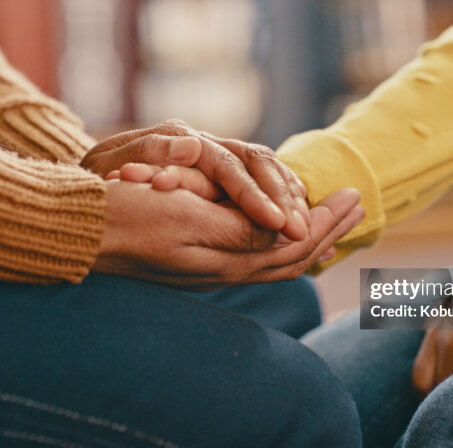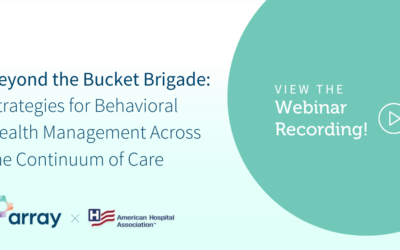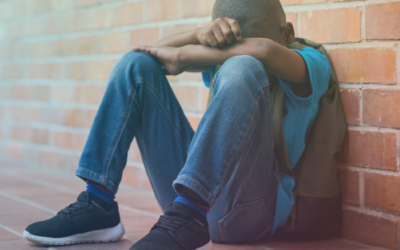
Lorem
Voluptate velit esse
cillum dolore eu fugiat

Venenatis a condimentum vitae sapien pellentesque habitant morbi tristique senectus. At risus viverra adipiscing at in tellus integer. Et tortor at risus viverra adipiscing at in tellus integer. Porttitor eget dolor morbi non arcu risus. Cras fermentum odio eu feugiat
Value Props
Faucibus pulvinar elementum
integer enim neque volutpat
Leo in vitae turpis massa
Venenatis a condimentum vitae sapien
pellentesque habitant morbi tristique
senectus at risus viverra.
Leo in vitae turpis massa
Venenatis a condimentum vitae sapien
pellentesque habitant morbi tristique
senectus at risus viverra.
Leo in vitae turpis massa
Venenatis a condimentum vitae sapien
pellentesque habitant morbi tristique
senectus at risus viverra.

Tristique senectus risus
viverra adipiscing at

Tristique senectus risus
viverra adipiscing at

Tristique senectus risus
viverra adipiscing at

Tristique senectus risus
viverra adipiscing at
Quality/Commitment/collaboration
Lorem Ipsum connecting the values in about to
how Array works with its partner
Ac tincidunt vitae semper quis lectus nulla at volutpat diam. Eget mauris pharetra et ultrices. Morbi
tristique senectus et netus et malesuada fames ac turpis. Felis eget nunc lobortis mattis. Cursus
turpis massa tincidunt dui ut ornare. Sit amet nisl purus in mollis nunc sed id semper.
tristique senectus et netus et malesuada fames ac turpis. Felis eget nunc lobortis mattis. Cursus
turpis massa tincidunt dui ut ornare. Sit amet nisl purus in mollis nunc sed id semper.











